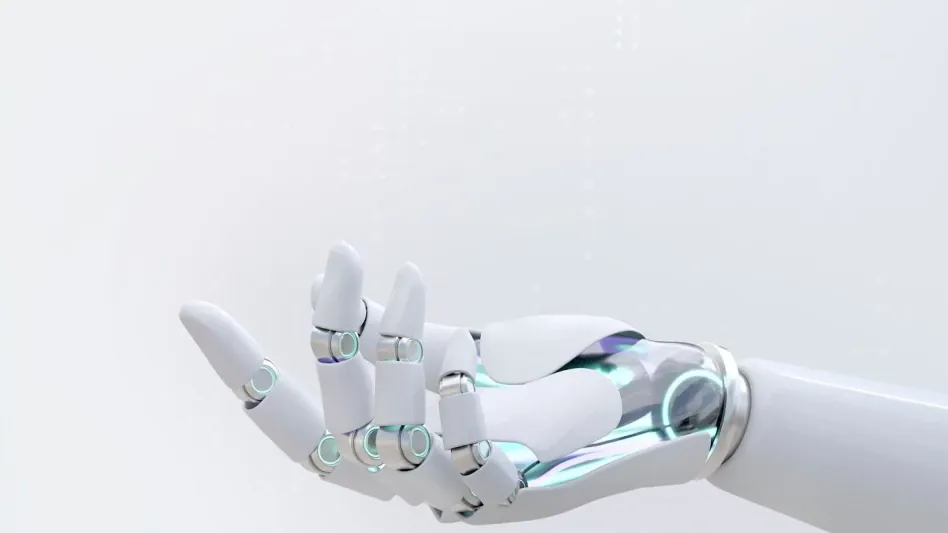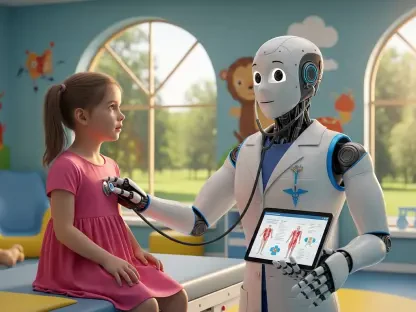The integration of artificial intelligence (AI) in senior care is reshaping the healthcare landscape, addressing longstanding challenges, and promising a future of enhanced efficiency and improved care quality. This market analysis explores AI’s transformative impact on senior care, focusing on significant trends, insightful data, and projections for the coming years.
The Emergence of AI in Senior Care
AI technology has made definitive strides in senior care, providing innovative solutions to critical issues like staffing shortages and caregiver burnout. The increasing demand for senior services, driven by an aging population, combined with advancements in AI, sets the stage for a profound transformation in the delivery of senior care. This section examines the historical context leading up to current developments and the potential of AI in addressing these challenges.
Mitigating Workforce Challenges
Reducing Physical and Emotional Strain
AI technologies play a crucial role in reducing the physical and emotional burden on caregivers. Collaborative robots (cobots) handle repetitive and physically demanding tasks, allowing staff to focus more on direct patient care. Real-world applications demonstrate that AI acts as a workforce extender rather than a replacement, providing relief from burnout and enabling more effective care delivery.
Optimizing Clinical Efficiency
AI integration in clinical workflows significantly enhances efficiency by reducing administrative burdens. AI-driven assistants and ambient listening devices automate documentation and coding processes, freeing healthcare professionals to devote more time to patient interactions. The Health Resources and Services Administration (HRSA) has highlighted critical shortages in healthcare personnel, particularly in rural and underserved regions, making AI tools invaluable in alleviating these pressures.
Addressing Disparities in Workforce Distribution and Training
AI’s role in bridging workforce distribution and training gaps is pivotal. Regional adoption of AI technologies varies, but new methodologies and programs aim to standardize training and ensure widespread use. Sustained engagement and social motivation among caregivers are essential for successful AI implementation, enhancing workforce capabilities uniformly across different markets.
Future Prospects in Senior Care
Emerging trends indicate continued evolution, with AI driving future senior care innovations. Cutting-edge solutions like autonomous wheelchairs and advanced medication management systems are redefining care models. These technologies promise enhanced clinical outcomes and increased independence for seniors, ushering in a transformative era in healthcare economics and regulation.
Strategic Insights for Implementation
Several best practices emerge from analyzing AI’s role in senior care. Involving stakeholders in the selection and implementation process ensures acceptance and maximizes benefits. Designing AI tools with dignity and patient independence at their core is critical for successful integration. These recommendations help optimize workflows, reduce caregiver burnout, and improve patient outcomes.
Reflections and Implications
The findings underscore AI’s potential to revolutionize senior care and address healthcare staffing complexities. AI’s ability to extend the workforce, enhance clinical efficiency, and empower patients presents strategic opportunities for healthcare innovation. As technologies evolve, prioritizing dignity and fostering human interaction remains vital. The broader implications suggest a sustained impact, guiding future advancements and improvements in senior care.
Considering these insights, healthcare professionals and businesses can leverage AI-driven solutions to create a more efficient, compassionate, and sustainable care system. By embracing these transformative technologies, stakeholders can ensure that the evolving needs of the aging population are met effectively and ethically, paving the way for continued progress in the sector.









